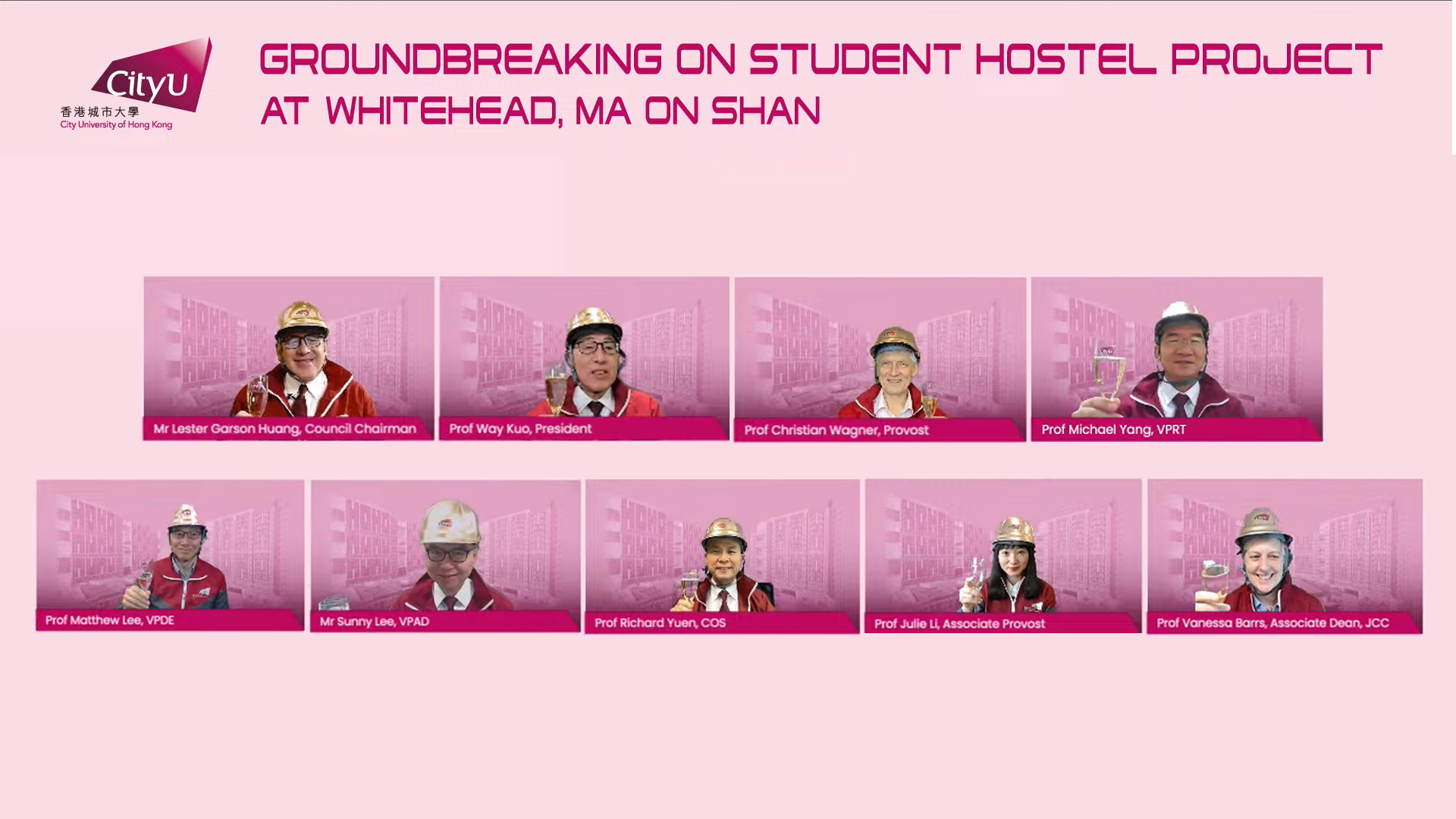
Construction work for the 5th phase of the Student Hostel project at City University of Hong Kong (CityU) at Whitehead, Ma On Shan officially commenced on 14 March. The project is expected to be completed in Q2 of 2026, providing more than 2,000 bed-spaces for CityU’s undergraduates and postgraduates.
The hostel complex will offer high-quality accommodation and learning space, a large amount of greening equipment, plus academic and amenity facilities where students from all over the world can explore their aspirations and potential together.
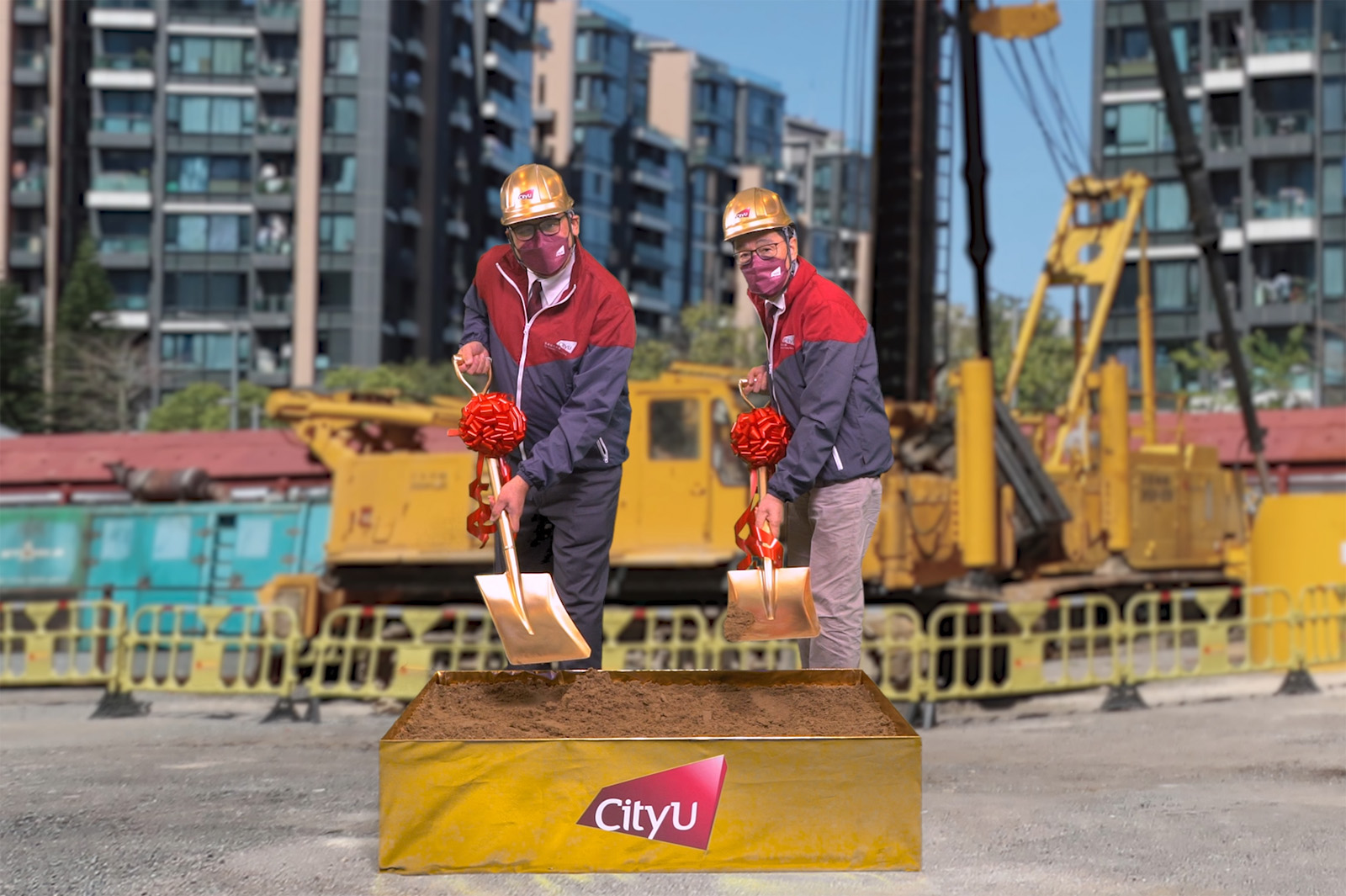
The groundbreaking was held online and officiated by Mr Lester Garson Huang, Council Chairman, President Way Kuo, Professor Christian Wagner, Provost, Professor Michael Yang Mengsu, Vice-President (Research and Technology), Professor Matthew Lee Kwok-on, Vice-President (Development and External Relations), Mr Sunny Lee Wai-kwong, Vice-President (Administration), Professor Richard Yuen Kwok-kit, Chief-of-Staff, Professor Julie Li Juan, Associate Provost (Academic Affairs), and Professor Vanessa Barrs, Associate Dean, Jockey Club College of Veterinary Medicine and Life Sciences. Other guests, staff and students attended the event via an online broadcast.
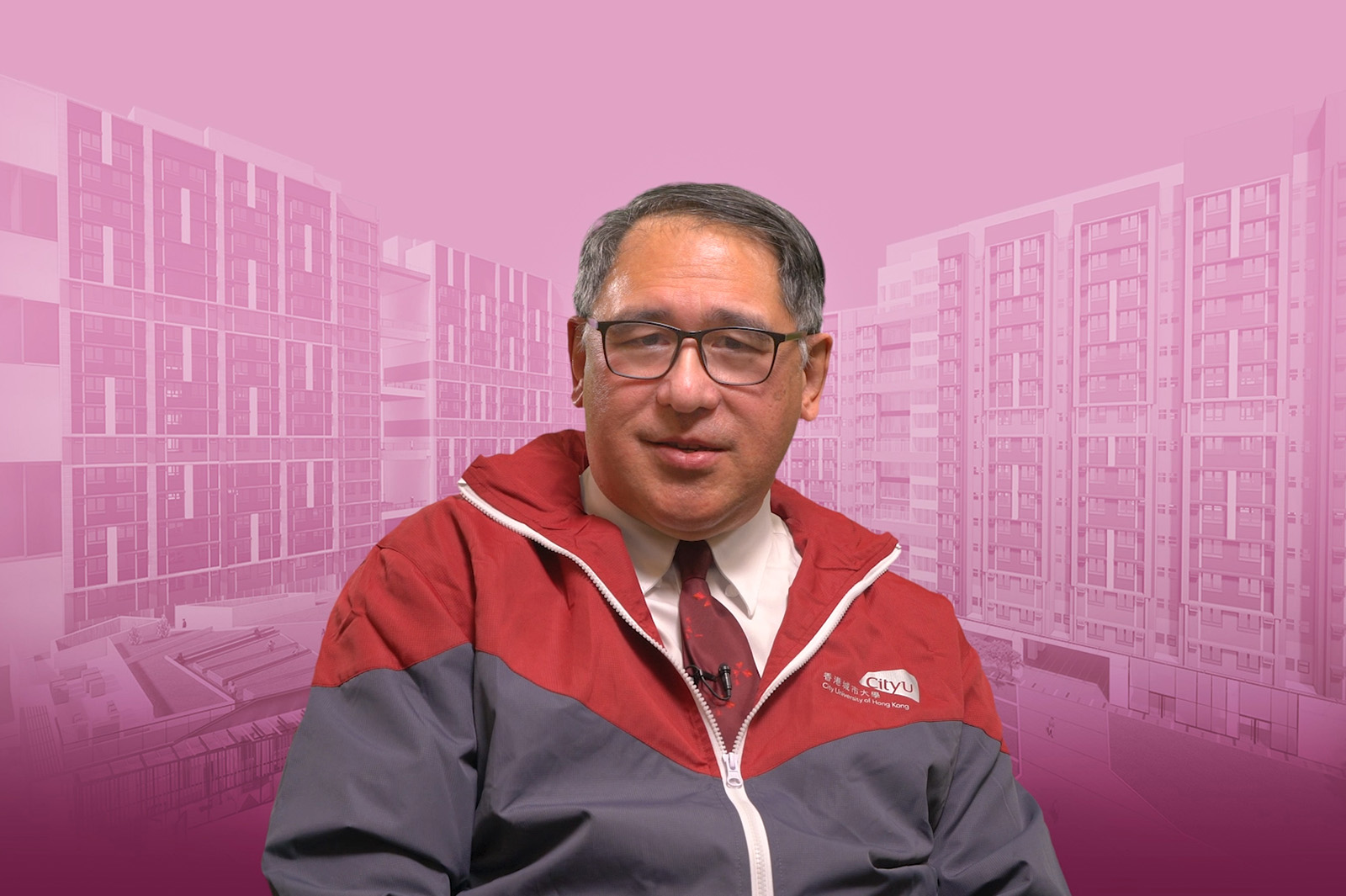
“Life in halls of residence is an important part of the learning experience,” said Mr Huang. “CityU attaches great importance to students leading a fulfilling hall life and encourages young people to be independent, sociable and knowledgeable about the culture of non-local students they meet in hall, an experience that will broaden their horizons.”
President Kuo thanked the community for its support for the University’s development. “CityU has been performing strongly both locally and internationally,” he said. “This special student hostel project is another milestone for CityU, symbolising our growth, aspirations and determination to be a world-leading university.”
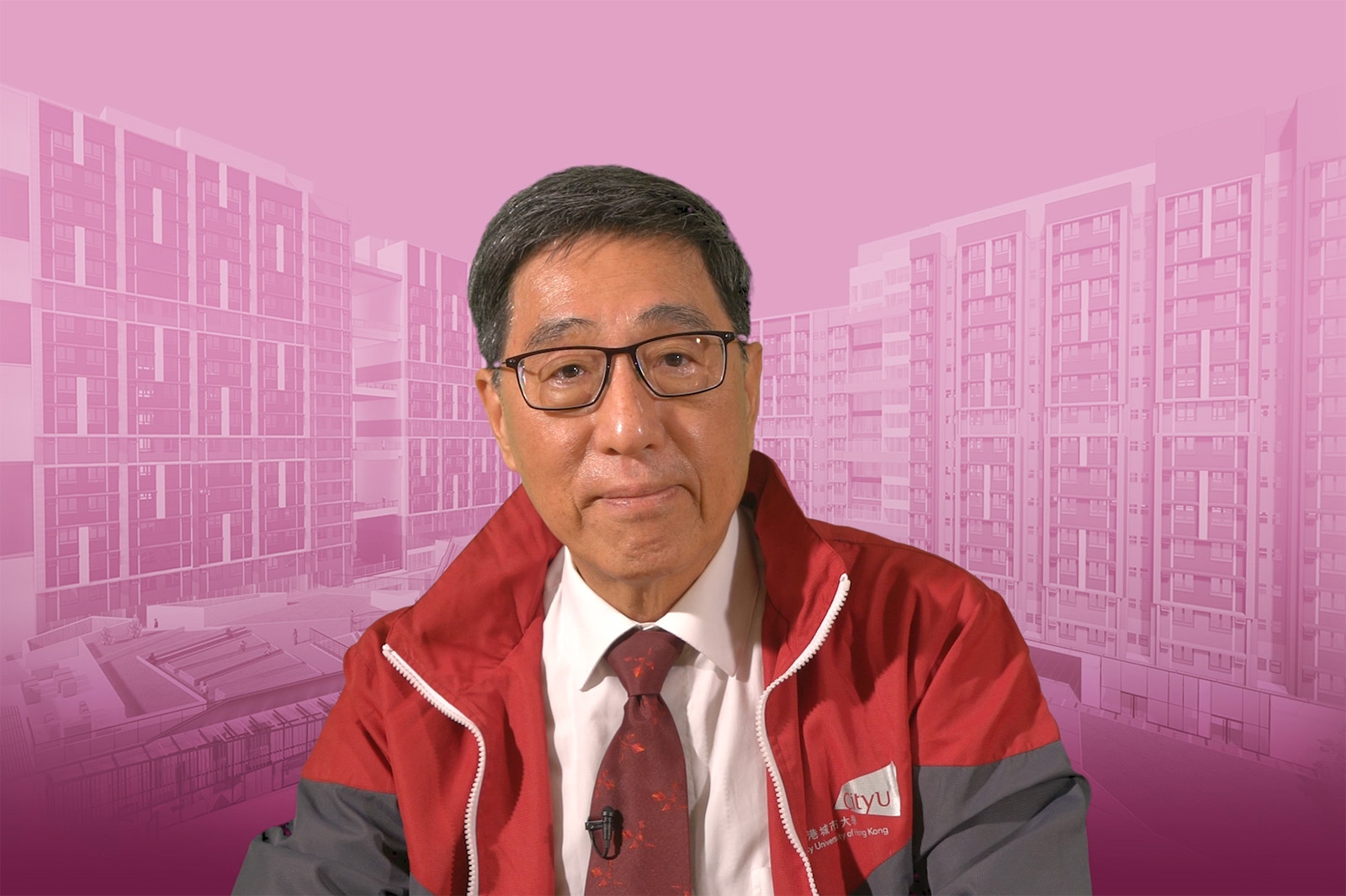
The Student Hostel project at Whitehead will have six halls with a total of 120 single rooms and 1,024 double rooms. Each hall will have a different theme, including Research, Technology, Energy, Globalisation, Sustainability, and Inheritance.
The project has adopted advanced construction technology called Modular Integrated Construction (MiC), which involves over 1,300 modules in the overall building complex. It is currently the world’s largest student hostel project to have adopted MiC technology, calculated by the number of bed spaces. In addition to hostel rooms, there will be communal rooms, corridors, toilets and plant rooms constructed using MiC.
CityU advocates “excellence in both academics and sports” and diversified development. Various types of recreational facilities will be available, including a sports hall, gymnasium, canteen and a multi-purpose hall that will accommodate around 280 people. Students can stretch their minds and bodies, thus striking a balance between study and free time. There will also be ample public space and semi-outdoor green decks at each hostel building where students can mingle and hold activities.
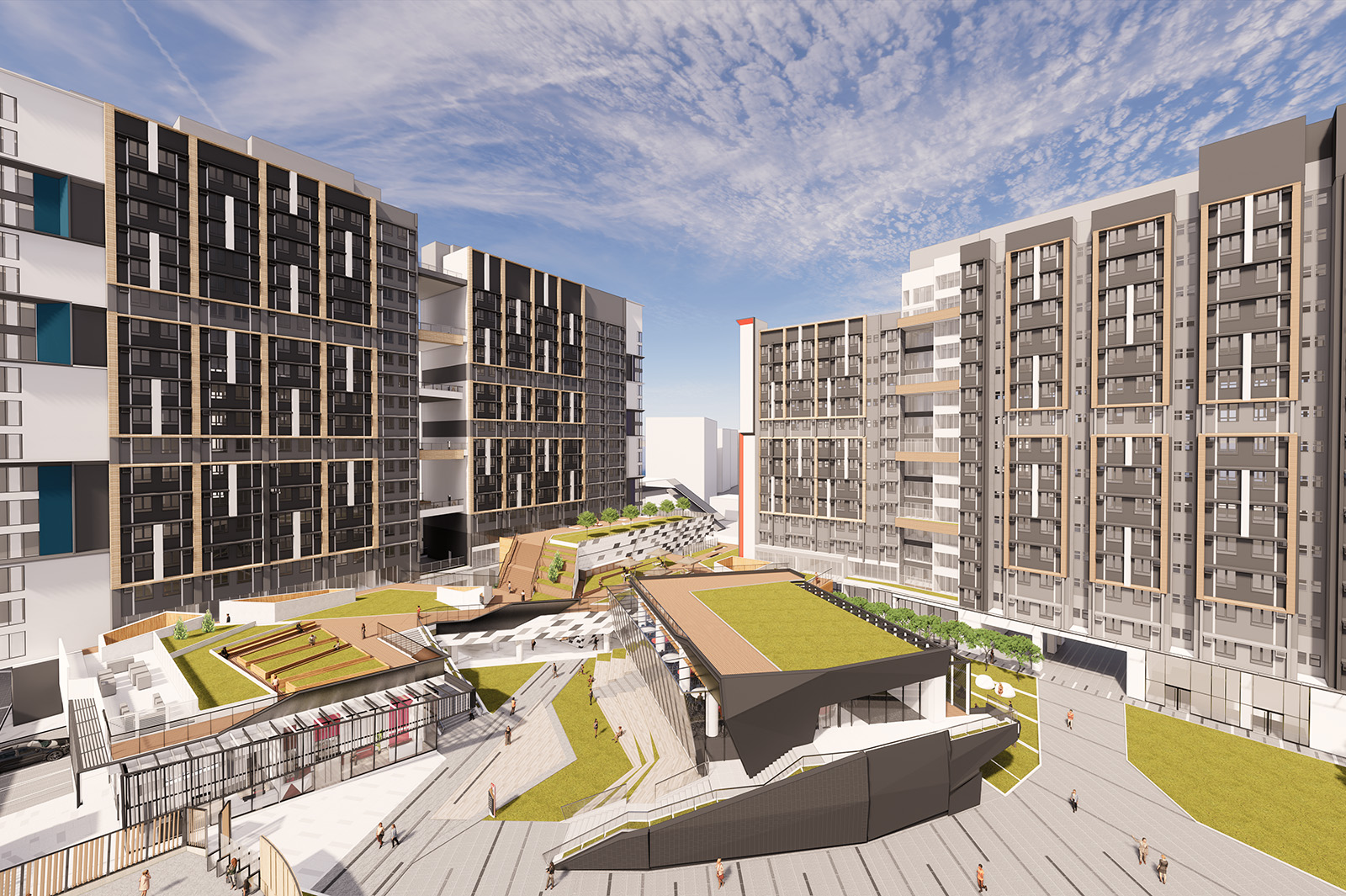
Adopting MiC technology can reduce construction waste, shorten the construction period and minimise the impact on the neighbourhood. The project has also adopted several green elements that promote sustainable living and explore smart living technologies. For instance, 200 photovoltaic panels on the roof of the residential tower blocks will save energy and electricity costs; and a cost-effective building management system will generate real-time data for security control and overall building maintenance, among others.
In addition, a number of CityU projects will further enhance campus facilities. HK Tech Lodge, which opened last December, encourages academic exchange activities and provides 80 high-quality guestrooms for academic visitors. Other upcoming facilities include the Jockey Club One Health Tower, HK Tech International Centre, the veterinary teaching farm at Lam Tsuen, Tai Po, plus the new student residence halls project at Tat Hong Avenue, Kowloon Tong, for which the work will commence in 2023. Along with the Whitehead Student Hostel project, around 3,000 additional bed spaces will be created in total.
